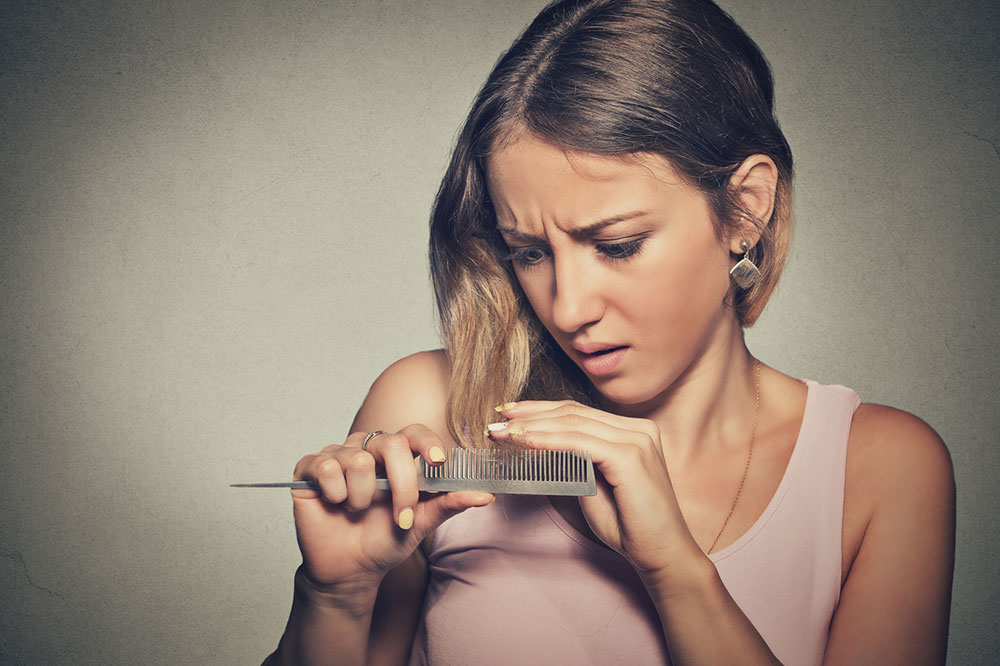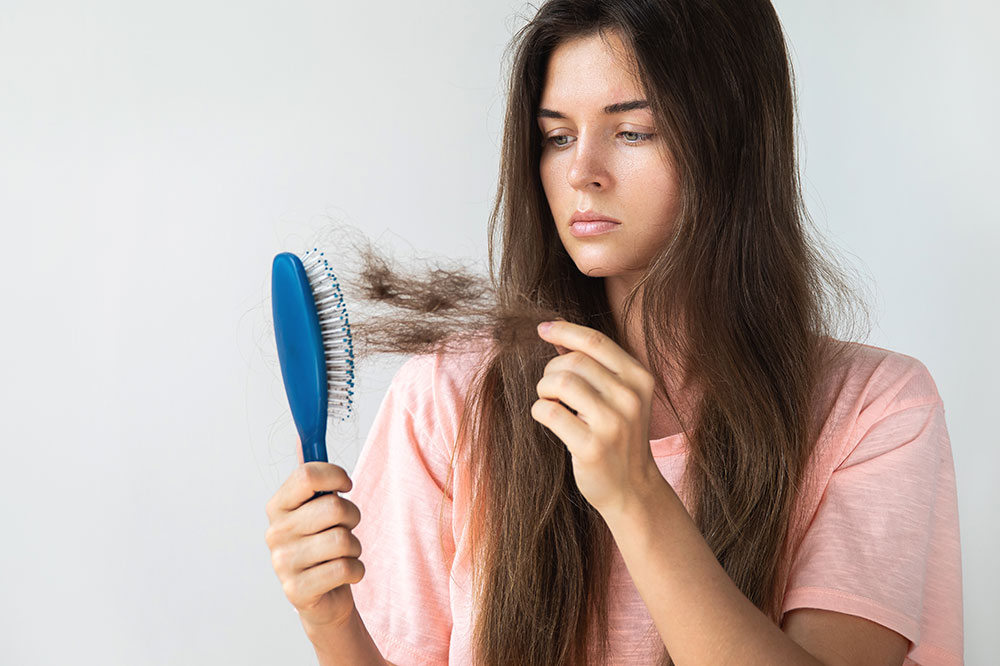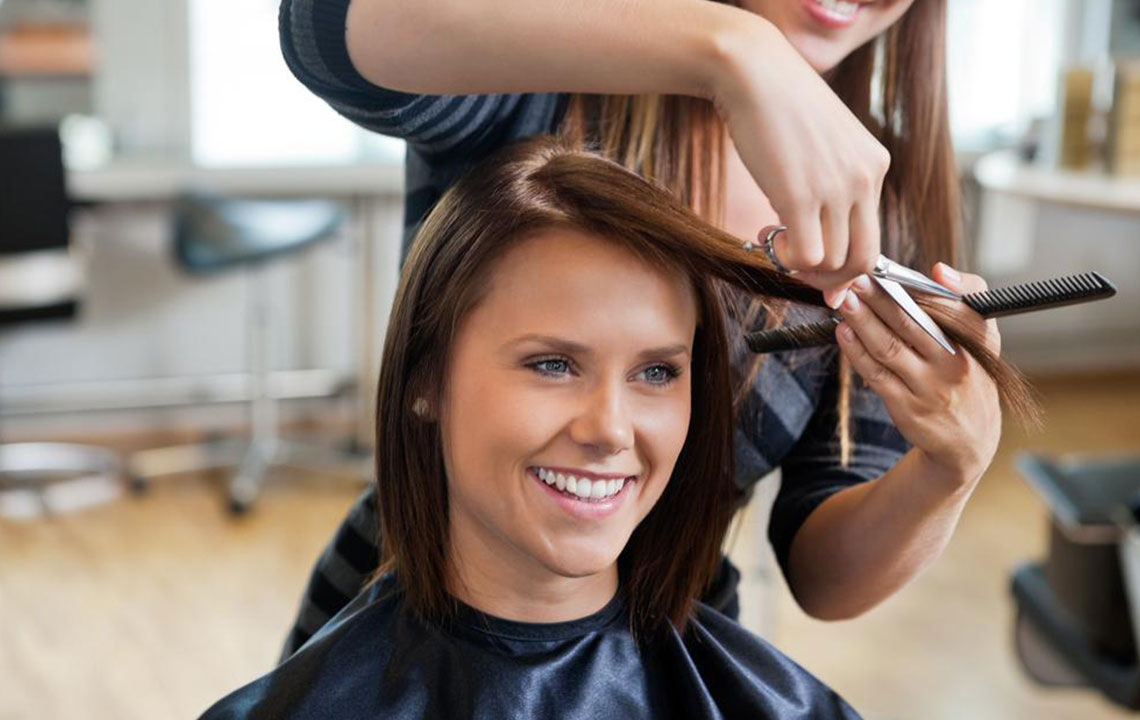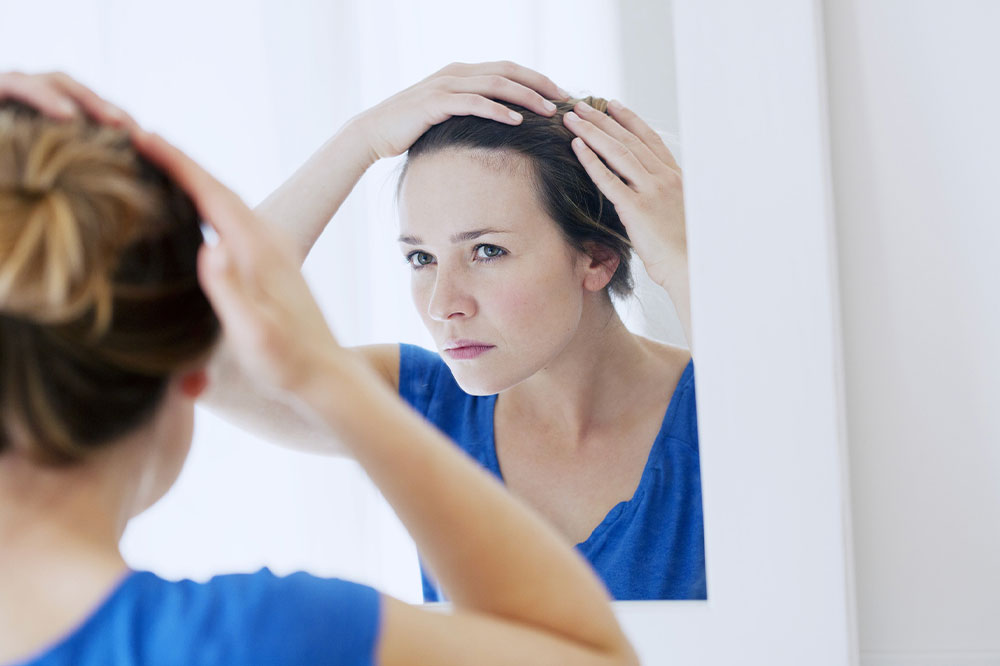Complete Guide to Preventing and Managing Hair Thinning: Tips, Causes, and Effective Solutions
This comprehensive guide offers detailed insights into the causes of hair thinning, early signs to watch for, and proven methods to prevent and manage this common issue. It covers nutritional, lifestyle, and product-based solutions endorsed by hair experts. Whether dealing with mild thinning or more advanced stages, the article provides practical tips and recommended products to restore hair vitality, boost confidence, and promote long-term healthy hair growth. Ideal for those seeking an in-depth understanding and effective strategies to combat hair loss.

Understanding How to Prevent Hair Thinning and Promote Healthy Hair Growth
Hair thinning is a common concern affecting both men and women worldwide. It involves a gradual reduction in hair density, resulting in visible patches of scalp where hair appears less thick or sparse. While not always leading to total baldness, hair thinning can significantly impact one's self-confidence and emotional well-being. Recognizing this condition early and understanding its causes are crucial for effective management. Typically, losing up to 100 strands of hair daily is considered normal; however, when the shedding exceeds this number consistently, it may indicate the onset of hair thinning. Several factors influence the health and density of hair, including genetics, aging, hormonal variations, and lifestyle choices. Maintaining proper nutrition, managing stress levels, and adopting gentle hair care routines are essential strategies to sustain healthy hair growth and minimize the risk of thinning.
Key Causes of Hair Thinning
Understanding the root causes of hair thinning helps in selecting appropriate treatment options. Besides the natural aging process, numerous other factors can contribute to the weakening and loss of hair. Hormonal imbalances, such as those caused by thyroid disorders, menopause, or androgenetic alopecia, play a significant role. Nutritional deficiencies, particularly lack of iron, zinc, biotin, and vitamins D and B12, can impair hair health. Lifestyle habits also profoundly impact hair vitality; frequent use of harsh styling tools, chemical treatments like bleaching, coloring, and perms, and tight hairstyles such as ponytails or braids exert physical stress on hair follicles, leading to hair breakage and shedding. Additionally, stress—whether chronic or acute—can trigger hair loss through hormonal disruption. Autoimmune conditions like alopecia areata, scalp infections, or post-pregnancy hormonal shifts can further accelerate hair thinning. Recognizing these causes enables targeted interventions to preserve and restore hair density.
Normal hair shedding ranges up to 100 strands daily; exceeding this number may be a sign of thinning. Lifestyle factors such as frequent use of aggressive styling tools, chemical treatments, tight hairstyles, poor nutrition lacking essential nutrients, and high stress levels exacerbate hair loss. Other causes include hormonal imbalances, medical conditions, pregnancy-related changes, significant weight loss, autoimmune diseases, and hair-pulling behaviors like trichotillomania. Early detection relies on noticing symptoms such as bald patches, clumps of shedding hair, thinning ponytails, and increased scalp visibility, which serve as warning signs of progressing hair loss and thinning.
Recognizing Signs and Symptoms of Hair Thinning
Bald patches: Distinct areas with noticeable hair loss indicating localized thinning. These patches may be round or irregular and sometimes appear suddenly.
Hair clumps: Shedding large clusters of hair when combing or washing, indicative of fragile hair strands that break or fall out easily.
Thinner ponytails: Reduced hair volume in the ponytail region, leading to a less full appearance and decreased hair density overall.
Visible scalp: Increased scalp exposure over short periods points to a significant reduction in hair density.
Effective Strategies to Prevent Hair Thinning
Adopt a protein-rich diet: Incorporate foods like fish, chicken, eggs, dairy, nuts, and seeds. Protein provides essential amino acids necessary for building strong hair follicles and promoting growth.
Avoid tight hairstyles: Loosen ponytails, buns, or braids that place stress on hair roots. Avoid hair extensions and tight headbands that can cause traction alopecia.
Monitor hormonal and health symptoms: Be alert to signs of hypothyroidism such as fatigue, dry skin, weight gain, and mood changes, which can impair hair health. Regular medical check-ups help identify underlying issues.
Maintain optimal vitamin levels: Ensure adequate intake of vitamin D, B12, Biotin, and other essential nutrients through diet and supplements if necessary, after consulting a healthcare professional.
Use moisturizing conditioners: Routinely condition hair to keep strands hydrated, reduce brittleness, and prevent breakage.
Lead a healthy lifestyle: Engage in regular physical activity, eat a balanced diet rich in fruits and vegetables, avoid smoking, limit alcohol consumption, and practice stress-reducing techniques like meditation or yoga to support overall hair health.
Popular Products to Combat Hair Thinning Effectively in 2023
While severe cases of hair thinning should be addressed by healthcare professionals, there are numerous OTC products that can assist in managing and improving hair density. Below is a curated list of some of the most effective and recommended solutions available in the market:
Women’s 5% Minoxidil Foam: A topical treatment that combines botanical extracts with minoxidil to stimulate scalp circulation and encourage new hair growth. Clinical studies show its effectiveness in over 80% of women experiencing hair thinning.
Rogaine Men’s 5% Minoxidil Solution: An FDA-approved topical solution designed to rejuvenate hair follicles and slow down hair loss in men, particularly at the receding hairline and crown areas.
Dove DermaCare Scalp Shampoo: An affordable anti-dandruff shampoo containing zinc pyrithione that reduces scalp buildup, itching, and flaking, creating an optimal environment for hair growth.
Head & Shoulders Classic Clean 2-in-1: Combines anti-dandruff and scalp-strengthening agents to support healthy hair retention and minimize hair fall caused by scalp irritation.
Nutrafol Hair Loss Supplement: An advanced supplement formulated with botanicals, DHT blockers, and adaptogens to balance hormones, reduce follicle stress, and promote hair renewal from within.
Viviscal Extra Strength Tablets: Enriched with biotin, vitamin C, apple extract, and marine complex to enhance the hair growth cycle, strengthen strands, and nourish hair follicles internally.
Alterna Caviar Densifying Shampoo: Uses DHT reduction and Red Clover Densifying Complex to increase hair thickness and density, endorsed by top stylists worldwide.
Paul Mitchell Tea Tree Scalp Care Shampoo: Contains turmeric and ginseng to cleanse scalp, stimulate follicles, and prevent breakage, promoting healthier roots.
Kiehl’s Rosemary Hair Treatment: Nourishes scalp with rosemary and other herbal extracts, improving circulation and encouraging fuller hair growth.
Bumble and Bumble Full Potential Shampoo: Reinforces scalp strength, roots, and strands, resulting in improved volume and density with consistent use.
Ouai Treatment Masque: Provides deep conditioning that protects hair cuticles, reduces split ends, and supports overall hair health by reducing breakage.





